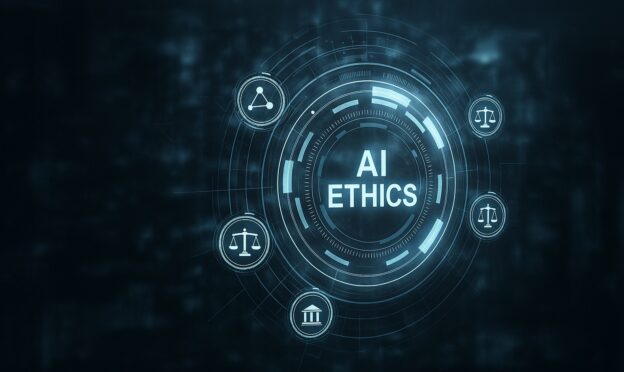Niamh Keane – The Artificial Intelligence (“AI”) revolution continues to gain ground as law firms begin hiring lawyers specifically for their AI skillsets. As these “Law Firms Look to Recruit Gen Z for AI Skills,” law schools are advised to incorporate trainings on these technologies so that their students are not only more attractive for hiring but also because improper usage of AI by lawyers continues to be an issue and point of reprimand in courts across the country. Fortunately, the American Bar Association (“ABA”) has provided guidance–through its Formal Opinion 512–to help lawyers specifically navigate Generative Artificial Intelligence (“GAI”) waters ethically.
With big law firms placing recruiting emphasis on tech skills, law students have an opportunity to capitalize on this AI-demanding market by familiarizing themselves with tools such as GAI. This is because, “[a]rtificial intelligence is now being used in Big Law both for internal business purposes and also for external, client-facing matters, so having attorneys who are overall well-versed in the technology is a win-win for firms looking to recruit young, up-an.”
Testimony from Big Law firm Duane Morris supports this trend toward AI savvy lawyers; “[w]e at Duane Morris believe that they [AI technologies] will continue to have a presence, that our clients will continue to ask what we’re doing in that space.” As such, it is critical that law students receive training on these tools while still in school.
Promising is that law schools, such as Northwestern Pritzker School of Law, are integrating opportunities for law students to educate themselves on GAI in the legal practice. This includes AI specific course offerings as well as certification opportunities. Beyond just the opportunity, Case Western Reserve University School of Law requires its 1Ls to achieve certification in AI.
Law schools’ failing to embrace this change run the risk of having their graduates not only behind the eight-ball but also facing ethical violations if not educated on these GAI technologies. This is undeniable in the face of law firm AI usage; AI adoption has skyrocketed from a mere 19% in 2023 to a whopping 79% in 2024. With this pervasive use in the field, lawyers need to know how to use these AI technologies properly or else they may find themselves in hot waters.
Mata v. Avianca, one of the most infamous AI violation cases in the legal field, highlights what can happen when lawyers incorrectly use these AI technologies. In Mata, the lawyers used generative AI––ChatGPT specifically––which “hallucinated,” by providing legal cases that do not exist. Failing to review any of these cases, the lawyers cited these hallucinated cases in their filings to the court. As such, these lawyers violated Fed. R. Civ. P. 11(b)(2) because they made incorrect representations to the court and properly faced sanctions for these acts.
With law firms and schools looking to effectively incorporate AI into their lawyers’ and students’ practices, they would be well-served to familiarize themselves with the ABA’s Formal Opinion 512. Specifically, paying attention to the following six principles of the Model Rules of Professional Conduct that are particularly implicated by GAI: (1) Competence; (2) Confidentiality; (3) Communication; (4) Meritorious Claims and Contentions and Candor Toward the Tribunal; (5) Supervisory Responsibilities of Subordinate Lawyers and Non-Lawyers; and (6) Fees. Understanding these obligations, in the context of GAI, will help reduce the rampant violations and sanctions like those in Mata. Ultimately, while it is an exciting time in the legal field with these technological advancements and hiring opportunities, lawyers still operate under numerous ethical obligations and the increasing use of AI only heightens the importance of adhering to the ABA’s Model Rules. So, as law firms look to hire and law schools look to train AI savvy lawyers, it is critical to remember that it does not replace a lawyer’s professional judgment or ethical responsibilities. By staying informed and cautious, lawyers can harness AI’s benefits while ensuring compliance with their professional duties.


